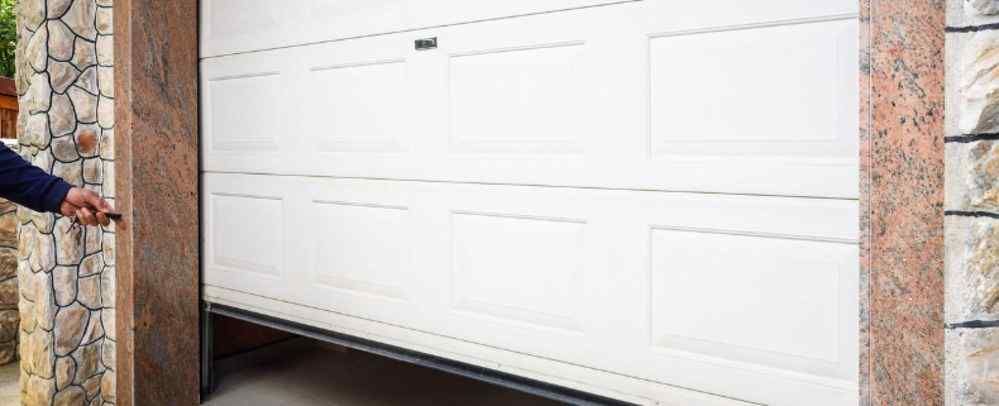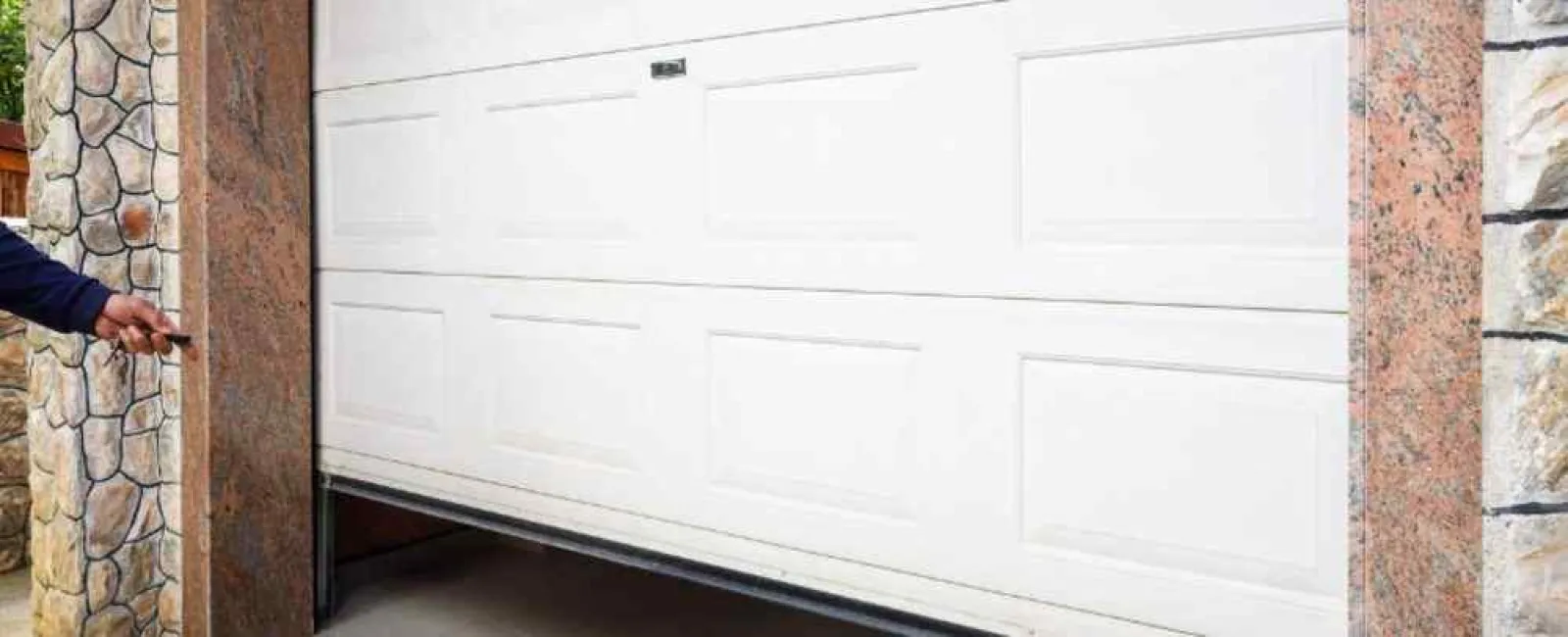A garage door isn't just an entryway for your vehicles; it's an essential component of your home's safety and security. A properly functioning garage door not only enhances the curb appeal of your house but also protects your belongings.
Regular maintenance and prompt repairs are crucial to ensure your garage door operates smoothly and safely.
In this blog post, we'll explore the five most common types of garage door repairs and their causes.

Broken Garage Door Springs
 Garage door springs counterbalance the door's weight so it can easily open and close. Depending on your garage door type, the springs either hang horizontally above the garage or parallel to the tracks.
Garage door springs counterbalance the door's weight so it can easily open and close. Depending on your garage door type, the springs either hang horizontally above the garage or parallel to the tracks.
Due to the stress they endure, garage door springs wear down over time. After significant use, a garage door spring can break, making it difficult or impossible to open a garage door — manually or automatically.
On average, garage door springs last 10 years or approximately 10,000 opening and closing cycles. If you're noticing decreased performance in your garage door, it might be time to replace the garage door springs.
A broken spring can be inconvenient but also dangerous, as it can cause the door to become imbalanced and fall unexpectedly. Regular maintenance and understanding the signs of wear can prevent sudden spring failures.
Malfunctioning Garage Door Opener
Garage door openers provide the convenience of remote-controlled access to your garage. If your garage door isn't responding to your door opener's remote commands or is reversing unexpectedly, you likely have a malfunctioning garage door opener.
You can troubleshoot opener problems by inspecting the motor, remote control, safety sensors, or drive mechanism. This entails reprogramming controls, adjusting limits, or even replacing the unit. If you continue to notice problems, consider professional garage door opener repair.
Misaligned Or Faulty Sensors
Modern garage doors have sensors that detect obstacles in the door's path, preventing accidents and injuries. Garage door sensors are located near the floor, designed to stop the door from closing if an object or person is in the way.
Sometimes, sensors can be misaligned or damaged by bumps or other factors, such as extreme weather. When a sensor is on the fritz, it will prevent your garage door from closing, meaning it will continue to reverse before fully coming down.
Garage Door Panel Replacement

The panels of your garage door not only contribute to its visual appeal but also maintain its structural integrity. Over time, panels can become damaged due to accidents, weather conditions, or general wear and tear.
Aesthetics aside, damaged panels can affect the insulation of your garage and compromise its security. Whether due to aging, warping, or an unfortunate collision, replacing damaged panels promptly helps maintain your garage door's overall functionality and appearance.
Luckily, individual panels can often be replaced without replacing or repairing the entire door. Panel replacement is a cost-effective solution that will quickly restore your garage's look and functionality.
Misaligned Tracks Or Rollers
The most common garage door issue is misaligned tracks or rollers. For your door to move up and down smoothly, the tracks and rollers need to be properly aligned. If you notice grinding noises, shaking, or the door getting stuck mid-operation, the track and roller system might be damaged.
Tracks and rollers fall out of alignment due to age, use, accidents, and warping. Cleaning and lubricating them regularly can reduce issues, but when the problem arises, it's best to seek professional help.
Schedule Garage Door Repairs With Balanced Garage Doors
Do you have garage door issues or need preventative maintenance? At Balanced Garage Doors, we understand the significance of a well-maintained and properly functioning garage door. Our team of experts specializes in addressing all types of garage door repairs.
We provide:
- Same-day solutions
- No service fees
- One-year warranty
- Quality parts
- Fully stocked trucks
Schedule garage door repair today by calling 770-880-0376.
